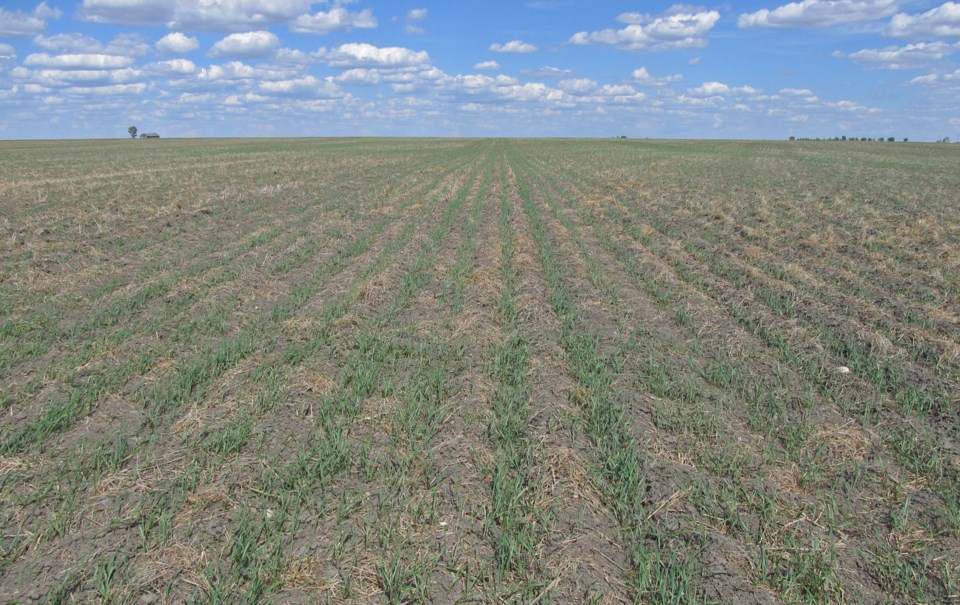YORKTON - Every once in a while there comes along what might be termed ‘game-changers’ across various industries.
For example, the first step toward zero-till farming began a rather core fundamental change in how farmers farmed.
Now, a report at www.producer.com notes “a field trial of genetically modified and gene-edited barley is due to be planted this April. The research is evaluating whether improved crop interactions with naturally occurring soil fungi promote more sustainable food production and reduce the need for synthetic nitrogen fertilizer.”
U.K. scientists hope the end result will be cereal crops that are able to pull more nitrogen and phosphorus from the soil.
The idea of producing a cereal grain plant capable of fixing nitrogen from the soil – much as legume crops do – is not a new idea, but so far nothing has come to the market for producers.
Certainly, part of the drag on research in the area is the concern from some quarters that genetic modification of plants is a dangerous path for research to take.
But, if one looks at canola, which is now the primary crop on the Canadian Prairies, with demand seeming to be exploding as evidenced by an ever-expanding crush sector with several new builds announced, are primarily GM varieties. In the case of canola many of the varieties are tied being able to use specific crop protection products to combat in-crop weeds.
The tech being worked on with barley by U.K. scientists is actually a far more farmer-friendly one since it would, in theory, reduce the reliance on purchased fertilizer. For a lower valued crop such as barley, that would be a massive development.
If you could reduce the cost of fertilizer, you could even up with a better bottom line for a crop which is already generally lower cost to produce with a bit more versatility in marketing, with the feed market always a fall-back position if a crop is off grade.
And, if the U.K. trials are successful, it could transfer the basic tech to other cereal crops such wheat, and oats.
On the Prairies anything that could enhance oat production should be on interest given production plants here, but they might also be an industry resistant to such tech. The oat sector has become much more careful regarding glyphosate than most, so they have perhaps a lower tolerance for anything they see as being something their customer base would react to negatively.
Still, the technology needs to be explored. The potential of nitrogen fixing cereals is simply too great not to be developed, if not for now, then the future when farmers trying to feed a hungry world will need all the help it can get.





